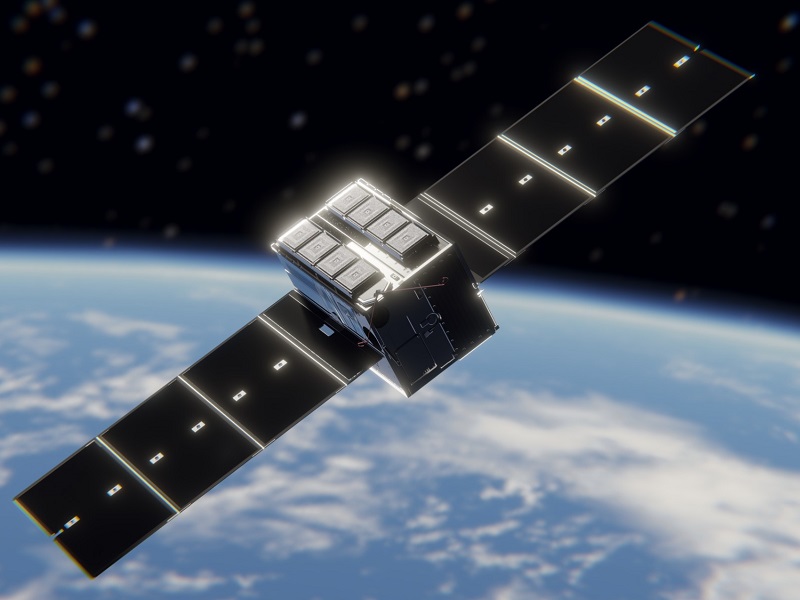South Australian space and AI firms, local universities and Defence’s research arm will partner to demonstrate an ambitious new sensor network after securing a $1.6 million collaboration grant.
The grant is the largest of seven announced Wednesday from the Defence Innovation Partnership which funds South Australian research that could give Australian forces a technical edge.
Other successful projects include mapping networks of influence in the Pacific, predicting the growth of biofilm at Navy bases, and recharging autonomous vehicles underwater.

$3 million in grants were awarded from the Activator Fund and Collaborative Research Fund of the Defence Innovation Partnership.
Established in 2016, the Partnership is a joint initiative of the South Australian government, Defence Science and Technology Group (DSTG), The University of Adelaide, University of South Australia, and Flinders University to catalyse Defence research.
More than half the funding from the latest round went to the Sensor-based Environmental Sense-making Network for Threat Response and Information.
Little was disclosed about the project, but its partners are at the cutting edge of Australian technology and include Fleet Space Technologies, the SmartSat CRC, Safety from Space, University of South Australia, Insight via Artificial Intelligence, Swordfish Computing and DSTG.
Following the Defence Strategic Review, Australian forces are looking for more of an edge through cutting edge technologies and ground breaking research.
“The might of Australia’s universities and industry partners plays a vital role in contributing to home-grown Defence capability and providing the Australian Defence Force an asymmetric advantage,” chief defence scientist, Professor Tanya Monro said.
The other projects receiving grants are:
- Mapping Pacific Networks ($400,000): a collaboration between University of Adelaide, Consunet and DSTG. This project focuses on developing Defence engagement programs in the Pacific Islands region by mapping networks and influence in the region
- Understanding and countering online influence ($400,000): a collaboration between University of Adelaide, Flinders University and Fivecast. This project will develop a model and prototype tool to help Defence end-users understand how online communities and informal networks evolve over time
- Understanding environmental impacts on biofilm growth at key naval ports ($150,000): a collaboration between Flinders University, University of South Australia, QUT, DSTG and Australian Naval Infrastructure. This project will develop an intelligent, predictive tool to understand marine growth rates on sea vessels under different environmental conditions
- Distributed multi-agent threat evaluation and weapons assignment (TEWA) algorithms for force-level battle management ($150,000): a collaboration between University of Adelaide, Flinders University and DSTG. This project provides a scalable approach for real-time decision-making in dynamic combat environments
- Developing an underwater recharging station to maximise the endurance and mission effectiveness of autonomous/uncrewed underwater vehicles ($150,000): a collaboration between Flinders University, University of South Australia, DSTG and EfficientSee. This project will explore the feasibility of two different technology options for underwater recharging stations for autonomous underwater vehicles
- A tool for simulation-based evaluation of human-driven processes for critical infrastructure operations resilience ($150,000): a collaboration between Flinders University, University of South Australia, Priori Analytica and DSTG. This project will develop a tool that can model and simulate the protective security posture of critical systems, infrastructure, people and processes
“These cutting-edge projects will bring together new research teams to deliver advanced solutions in priority areas, including undersea capabilities, trusted autonomy and cyber security,” Professor Monro said.
Do you know more? Contact James Riley via Email.

